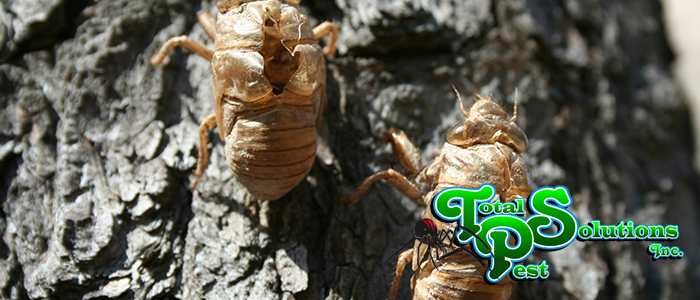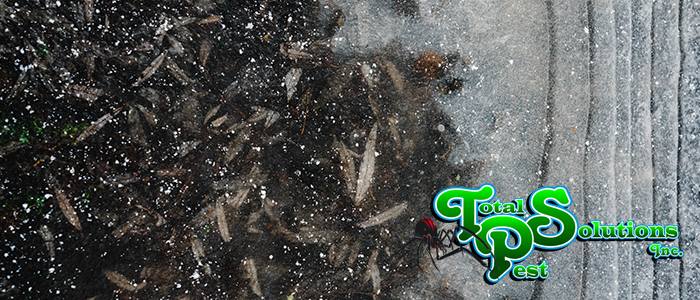
It’s the summer again, and that means fun in the sun for you and your loved ones. Hopefully, even Rover gets in on the excitement! If he does, it’s the season for checking behind his ears and between the pads of his paws. If he goes running through tall grass, he might find himself with some hitchhikers that can stick around for days. Summer is tick season. Before the weather cools and they lay their eggs, ticks of all shapes and sizes are scrambling for a blood meal. Nymphs of every instar and adults of both sexes need blood for nourishment, but females do most of the biting towards the tail end of summer. Aside from being a gross hassle, certain tick species spread diseases. So, what can you do to prevent tick bites in your yard?
What To Do if You Have a Tick
Tick bites can make you or your pet sick, so you shouldn’t ever leave a tick to finish its meal. You’ll want to act fast to minimize the amount of saliva that enters your bloodstream. Don’t ever burn a tick off by using a match or a lighter. While this does remove the tick rapidly, it also causes them to vomit the entire contents of their body into your blood. Needless to say, this isn’t very sanitary and can lead to a secondary infection. Instead, take a fine-tipped pair of tweezers and grab the tick as close to the skin as possible. Avoid crushing it, and pull back with a steady, firm pace. Don’t jerk or twist the tick, as you might break off part of its mouth in your skin.
When the tick is removed, flush it down the toilet. Most of the ticks you run into and can pull off easily are going to be the American dog tick, and while diseases from this tick are rare, they can still spread Rocky Mountain spotted fever – A bacterial disease that can be fatal. There are less than 20,000 cases per year, and the disease is frequently treatable with rapid application of antibiotics, so if you are bit by a tick, it is important to watch the site of the bite for a period of weeks and note any changes with your healthcare provider. A bite from a deer tick is especially important to watch, though you may notice a rash before you notice a tick, as deer ticks are very small.
Always have any suspected deer tick bites examined by a doctor. If you want to take a tick to a doctor for examination and testing of the tick itself, place it in rubbing alcohol to kill it. Never place the tick in a bag, as they are quick to escape. A sealed jar or bottle could also work, though killing the tick is preferable.
How to Prevent Tick Bites
Treating the bite is well and good, but we don’t want to deal with them at all, right? So how can we get rid of them or prevent them from showing up at all? Well, it’s a lot of lawn work. Ticks aren’t the best at getting around. They hitch rides on squirrels and rodents, so cleaning up lawn litter and neatly stacking wood prevents them from having places to hide, discouraging them from bringing ticks in the first place. Fences that prevent unwanted large animals from entering also help.
Beyond this, keep your lawn trimmed neatly, as ticks prefer a taller cover. If you live near a wooded area, place a three-foot barrier of cedar wood chips or gravel mixed with diatomaceous earth to prevent tick migration into your lawn. Beyond that, contact professionals like us to learn more about treating your lawn with tick-specific pesticides to ensure that you and your family can enjoy your lawn tick-free.
continue reading
Related Posts
Early Lovebug Prep in Winter Haven: Protecting Exteriors Before Swarms
Davenport’s Pine Beetle Threats: Protecting Trees in Dormant Season As
Winter Roach Hotspots in Lakeland: Kitchen & Bathroom Prevention As







